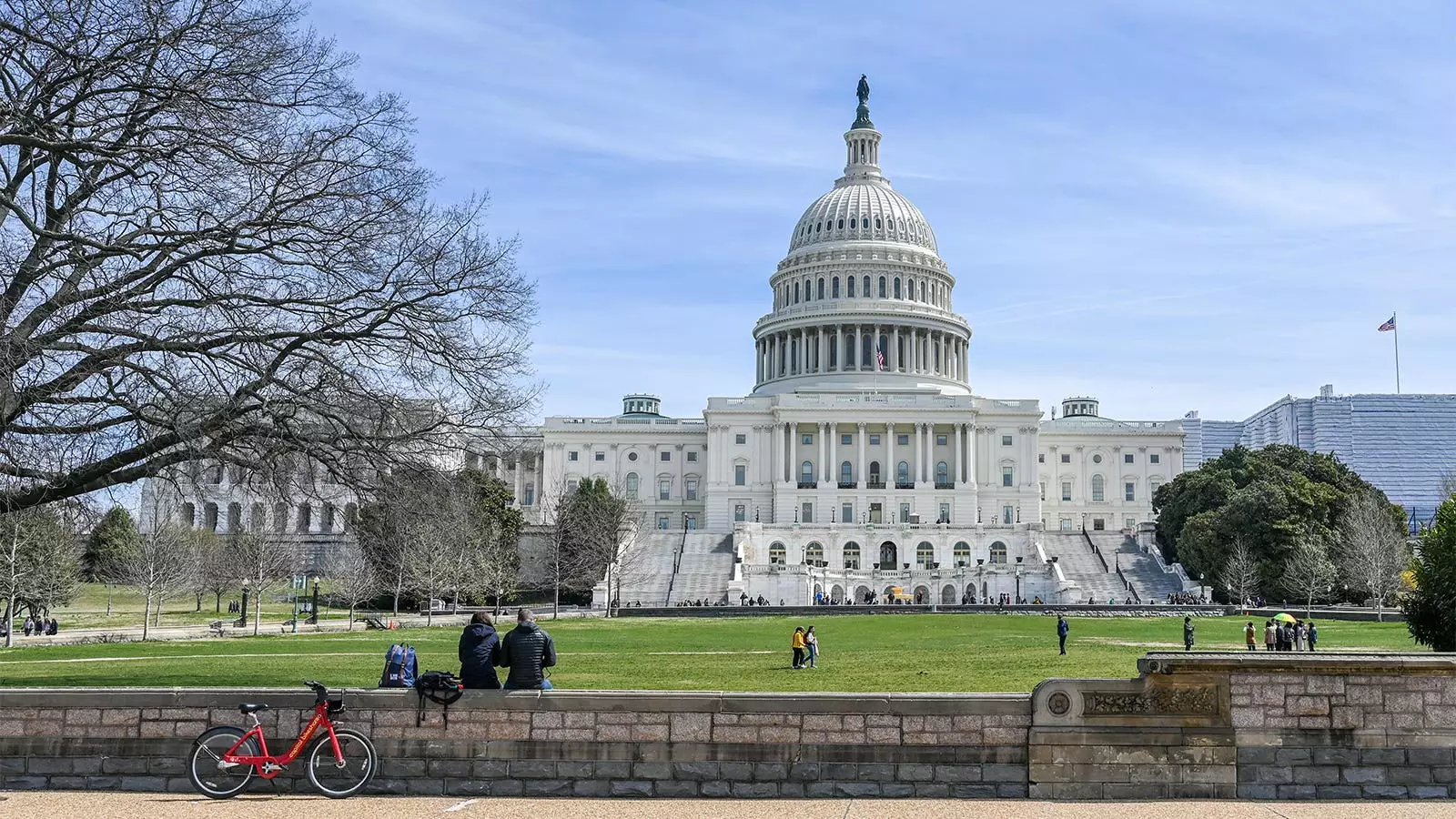As the United States navigates the tumultuous terrain of political discourse, the significance of healthcare-related candidates in the electoral landscape cannot be understated. On election day, alongside the pivotal presidential race, all 435 seats in the House of Representatives were contested, marking an important moment to gauge the electorate’s sentiment towards healthcare representation. An analysis of various races featuring healthcare-affiliated candidates reflects a diverse array of outcomes, highlighting both victories and defeats that may shape future discussions on health policy.
One of the most scrutinized contests was in Arizona’s District 1, where Republican incumbent David Schweikert faced off against Democrat Amish Shah, MD, an emergency physician. With 60% of the votes counted at the time of reporting, Schweikert held a slender lead of 51% to 49%. This razor-thin margin underscores the intensifying competition in the region, suggesting that healthcare issues may have played a pivotal role in influencing voter decisions. The outcome of this race could serve as a bellwether for how focused attention on healthcare policies can affect the electoral landscape in traditionally Republican strongholds.
In Minnesota’s District 3, the election results conveyed a resounding victory for Kelly Morrison, MD, a Democrat and practicing ob/gyn, who triumphed over Republican Tad Jude with a commendable 58% of the vote. Morrison’s success in a suburban district may indicate a shifting demographic that prioritizes healthcare accessibility and women’s health issues, framing her win as a validation of progressive health policies. Her election may suggest a demand for healthcare professionals in Congress who advocate for patient-centered care reforms.
Contrastingly, oncologist Prasanth Reddy, MD (R), experienced a defeat in Kansas District 3 against incumbent Sharice Davids, who retained her seat with 53% of the vote. Reddy’s loss reflects the complexities of the electoral map where issues beyond personal qualifications and experience can dictate results. Similarly, in Wisconsin District 8, Kristin Lyerly, MD (D), lost to Republican Tony Wied despite her strong healthcare background. These outcomes emphasize the competitive nature of healthcare-oriented races and call into question the effectiveness of candidate profiles based solely on medical expertise in winnable districts.
The victories of candidates like Maxine Dexter, MD (D) in Oregon District 3 and Sheri Biggs, NP (R) in South Carolina District 3 showcase a growing trend of healthcare professionals entering Congress. Dexter won decisively with 69% of the votes, while Biggs secured a massive 72% victory, illustrating that voters are increasingly supportive of candidates with direct healthcare experience. These results reveal an emerging narrative that underscores the importance of healthcare proficiency in legislation, dispelling the notion that political acumen alone governs election success.
While the newly-elected wave of healthcare professionals reflects a positive inclination towards public health expertise, the status of sitting physician legislators presents a mixed picture. Notably, several current members, including Ami Bera, MD (D-Calif.) and Scott DesJarlais, MD (R-Tenn.), were re-elected, reinforcing their incumbency in addressing health-related issues in Congress. However, the loss of some physician representatives raises concerns about the balance of healthcare experience within legislative bodies. As some seasoned physician legislators step down, there may be gaps in the representation of medical professionals, potentially diminishing the focus on healthcare in congressional discussions.
As the dust settles post-election, the implications of these races on healthcare policy remain significant. The blend of victories and losses reflects both the challenges and opportunities faced by healthcare professionals in politics. As Congress navigates critical healthcare legislation, the contributions and insights from newly elected officials may offer fresh perspectives on longstanding health issues. Ultimately, these electoral outcomes serve as both a reflection of current concerns among voters and a precursor to how healthcare will be addressed in future legislative efforts. The intersection of medical expertise and policymaking will undoubtedly continue to shape the political discourse surrounding America’s health.


Leave a Reply